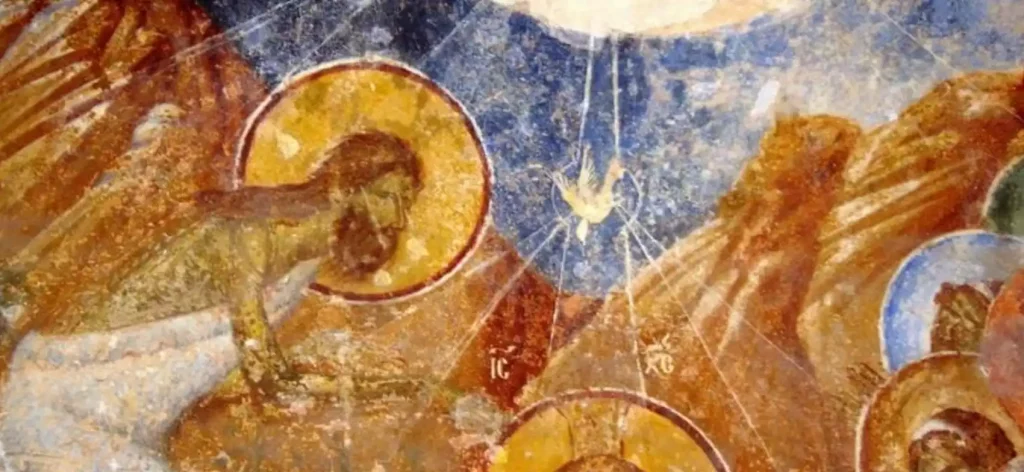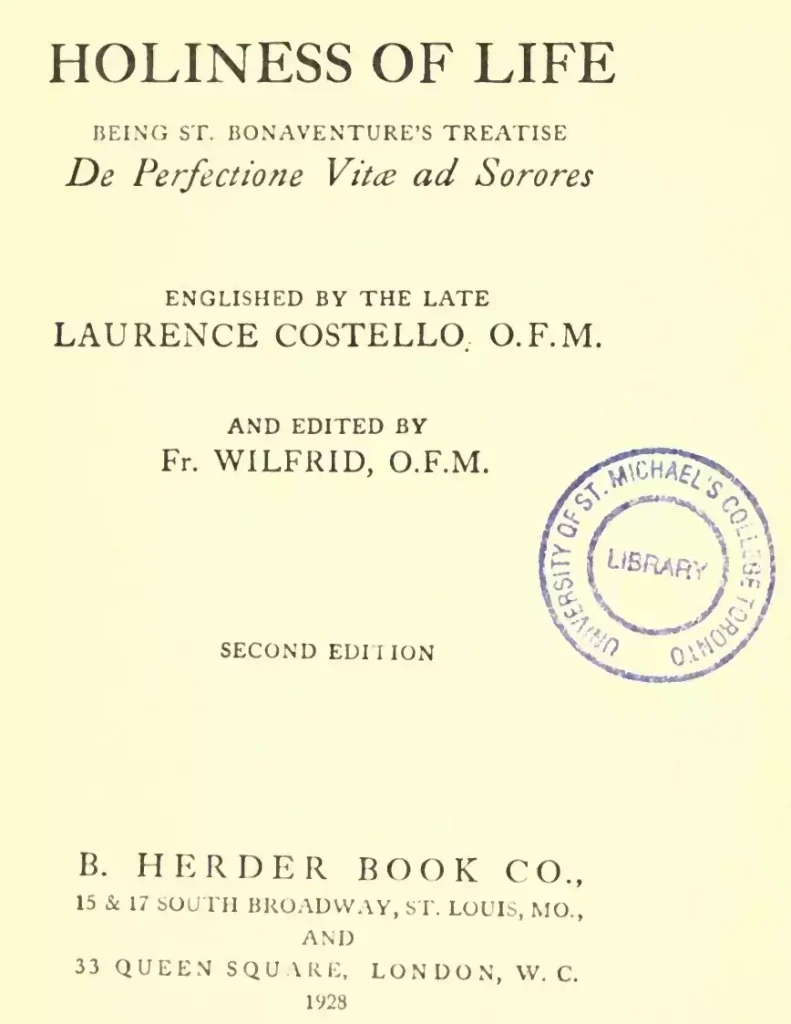Zacchur | זַכּוּר | Name
Etymology and Semantic Analysis The name “Zacchur” originates from the Hebrew word “זַכּוּר” (Zakkur), which is derived from the root “זָכַר” (zakar), meaning “to remember” or “to mention.” This name is indicative of remembrance, possibly implying “God has remembered.” In the context of the Biblical narrative, names often carry significant meanings that reflect the circumstances […]
Yell | צָעַק (Tsa’aq) | Verb
Etymology and Semantic Analysis The word ‘yell’ in English typically conveys a loud, often sharp cry, especially one that expresses pain or alarm. In the Hebrew Bible, the word often translated as ‘yell’ is צָעַק (Tsa’aq), a verb that carries a range of meanings primarily associated with crying out, calling aloud, or shouting, often in […]
Zaanaim | צְאָנִים (Tse’anayim) | Place Name
Etymology and Semantic Analysis Zaanaim, translated from the Hebrew word צְאָנִים (Tse’anayim), is a place name mentioned in the Old Testament. The root of this Hebrew term, צְאָן (Tse’on), typically refers to a flock, often of sheep or goats, implying a pastoral or grazing locale. The dual form of the word, צְאָנִים, suggests “double pasturage” […]
Yah | יָהּ (Yah) | Name
Etymology and Semantic Analysis The term ‘Yah’ is a shortened form of Yahweh, the personal name of God in the Hebrew Bible. Derived from the Tetragrammaton יהוה (YHWH), ‘Yah’ appears predominantly in poetry and songs. The etymology is connected to the Hebrew verb היה (hāyāh), meaning ‘to be’ or ‘to become’, suggesting a dynamic and […]
Yoke | Ζυγός (zygos) | Noun
Etymology and Semantic Analysis The word ‘yoke’ in English is a direct translation of the Greek word ‘ζυγός’ (zygos), signifying an instrument used to join two animals, typically oxen, together for the purpose of plowing or pulling a load. This concept is present throughout the Bible, symbolizing a range of meanings from oppression and burden […]
Dream | חֲלוֹם (Chalom) – Hebrew | ὄναρ (Onar) – Greek | Noun
Etymology and Semantic Analysis The English word ‘dream’ originates from the Old English ‘drēam,’ which historically meant joy or music but evolved to denote the images and emotions experienced during sleep. In the Hebrew Bible, ‘dream’ is primarily translated from חֲלוֹם (Chalom), while in the New Testament, the Greek term ὄναρ (Onar) is used. Dreams […]
Doubt | Διακρίνω (diakrinō) | Verb
Etymology and Semantic Analysis The English word ‘doubt’ finds its roots in the Old French ‘douter,’ which stems from the Latin ‘dubitare,’ meaning to hesitate or waver in opinion. In the New Testament, the Greek word often translated as ‘doubt’ is Διακρίνω (diakrinō), which carries a richer and more nuanced meaning, literally translating to ‘to […]
Doctrine | διδασκαλία (didaskalia) | Noun
Etymology and Semantic Analysis The term ‘doctrine’ is derived from the Latin ‘doctrina’, meaning teaching or instruction. In the New Testament, the Greek word translated as ‘doctrine’ is διδασκαλία (didaskalia), primarily signifying what is taught. The semantic range of διδασκαλία encompasses teachings, instructions, and precepts, especially those of a religious nature. This term appears notably […]
Devil | Διάβολος: The Many Faces of Evil

The figure of “the Devil” appears in various forms throughout the Bible, from the talking serpent in Genesis to the dragon of Revelation. He is depicted as tempter, accuser, fallen angel, and personification of evil. This complex character has roots in ancient Jewish and early Christian texts and has evolved significantly over the centuries. While […]
Biblical Desert | ἔρημος (Greek), מדבר (Hebrew)
Etymology and Semantic Analysis The term ‘desert’ in the Bible is translated from the Greek word ‘ἔρημος’ (erēmos) and the Hebrew word ‘מדבר’ (midbar). In Greek, ‘ἔρημος’ primarily conveys the notion of a solitary, uninhabited, or desolate place. In Hebrew, ‘מדבר’ also suggests a wilderness or an uninhabited land. These words are often found in […]
Daughter | Θυγάτηρ (Thugater) | Noun
Etymology and Semantic Analysis The word ‘daughter’ in English translations of the Bible is primarily derived from the Greek word ‘Θυγάτηρ’ (Thugater) in the New Testament and the Hebrew word ‘בַּת’ (Bath) in the Old Testament. In the New Testament, ‘Θυγάτηρ’ carries a direct and literal meaning, referring to a female offspring. This term appears […]
Darkness | σκότος (Greek) | Ηoshekh (Hebrew) | Noun
Etymology and Semantic Analysis The English term “darkness” originates from the Old English word “deorc,” denoting the absence of light. In Biblical contexts, it is primarily translated from two words: the Greek “σκότος” and the Hebrew “חושך” (Hoshekh). The Greek “σκότος” appears in the New Testament in various contexts, often metaphorically to represent spiritual ignorance […]
Biblical Fig | Biblical Lexicon | σῦκον (Greek)
Etymology and Semantic Analysis The English word ‘fig’ traces back to the Old English ‘fic’, which itself derives from the Latin ‘ficus’, signifying the fruit. In the Bible, the original Greek word used is σῦκον (sykon), a noun describing the fruit of the fig tree. This term appears in various contexts across both the New […]
Fifty in the Bible | πεντήκοντα (Greek: Pentekonta) | (Number)
Etymology and Semantic Analysis The English word ‘fifty’ is derived from the Old English ‘fīftig’, which is a compound of ‘fīf’ (five) and ‘tig’ (a group of ten). In the Biblical context, the Greek word ‘πεντήκοντα’ (pentekonta) is often used, signifying the numeral fifty. This word is found in various places within the New Testament. […]
Female | אשה (Hebrew), Γυνή (Greek)
Etymology and Semantic Analysis The term ‘female’ in the Bible primarily derives from the Hebrew word אשה (‘ishah’) and the Greek word γυνή (gynē). אשה (‘ishah’), found in the Old Testament, is often translated as ‘woman’ or ‘wife,’ depicting gender or marital status. In Genesis 2:22-23, אשה is used when God creates a woman from […]
Felix | Latin word | Name
Etymology and Semantic Analysis The word ‘felix’ is not of Greek or Hebrew origin, but Latin, meaning ‘happy’ or ‘fortunate’. In the context of the Bible, ‘felix’ does not directly appear in the original texts, as they were primarily written in Hebrew and Greek. However, the Latin Vulgate, an important early translation of the Bible […]
Ignatius of Antioch, Saint: The Journey to Martyrdom
Discover the Enduring Legacy of a Pioneering Christian Theologian Born in the early 1st century, Ignatius of Antioch, often revered as Saint Ignatius, emerged as a pivotal figure in early Christianity’s formative years. His death, traditionally dated to around 107 AD, marked the culmination of his influential journey as a theologian and bishop. Ignatius’ writings, […]
Uncreated Light: Path to Spiritual Awakening

Uncreated Light, a term deeply rooted in theological discourse, symbolizes a profound spiritual journey into the realms of divine radiance. This ethereal concept, often associated with mystical experiences and the divine presence, has captivated theologians and believers alike through the ages. Uncreated Light represents not just a physical phenomenon, but a metaphysical illumination, believed to be a direct manifestation of God’s grace and glory. The exploration of this concept offers a unique insight into the relationship between humanity and the divine, transcending traditional religious narratives. Delving into historical accounts, personal testimonies, and theological interpretations, this article sheds light on the significance of Uncreated Light in various religious traditions, its impact on spiritual practices, and its enduring legacy in shaping spiritual understanding.
Feast | εορτή (Greek) | Noun
Etymology and Semantic Analysis The English word “feast” is derived from the Middle English “feste,” which is rooted in the Latin “festa,” meaning a religious festival or celebration. In the New Testament, the Greek word primarily used for “feast” is “εορτή” (eortē), denoting a religious festival or a day set apart for rejoicing. This term […]
Fear | יָרֵא (Hebrew), φόβος (Greek) | Noun
Etymology and Semantic Analysis The term ‘fear’ in the Bible is primarily translated from the Hebrew word ‘ירא’ (yare’) in the Old Testament and the Greek ‘φόβος’ (phobos) in the New Testament. In Hebrew, ‘ירא’ encompasses both fear in the sense of terror and reverence or awe, particularly in the context of fear of God. […]
Fail Biblical Analysis | ἐκπίπτω / כָּשַׁל
Definition The English word ‘fail’ predominantly translates from the Greek ἐκπίπτω (ekpipto) in the New Testament, and the Hebrew כָּשַׁל (kashal) in the Old Testament. Both words convey meanings of stumbling, falling short, or failing in an endeavor. Biblical Occurrences in the New Testament In the New Testament, ἐκπίπτω appears in various contexts. Notably, in […]
Sodom and Gomorrah | Unveiling Historical Mysteries

The ancient cities of Sodom and Gomorrah, long shrouded in mystery and religious lore, have captivated historians, theologians, and the curious for centuries. These cities, often associated with sin and divine retribution, hold a significant place in cultural and religious narratives. The Historical Context of Sodom and Gomorrah The story of Sodom and Gomorrah, originating […]
Angelus | Significance and Practice in Marian Devotions

The Angelus, a revered practice within Christian Marian devotions, holds a profound place in the religious and cultural life of many believers. This devotional exercise, deeply rooted in Christian tradition, serves as a daily reminder of the Annunciation – the moment when the Angel Gabriel announced to the Virgin Mary her role in the birth […]
Holiness of Life, St. Bonaventure: A Treatise on Spiritual Perfection

“Holiness of Life” by St. Bonaventure is a seminal work in Christian spirituality, offering profound insights into the pursuit of sanctity and virtue. In this treatise, Bonaventure, a distinguished theologian and philosopher, delves into the essence of living a holy life, emphasizing the importance of humility, love, and devotion in the Christian journey. His eloquent […]
The Ladder of Divine Ascent: An Examination of Spiritual Journey
“The Ladder of Divine Ascent” by St. John Climacus, translated by Archimandrite Lazarus Moore, is a profound spiritual treatise that guides the reader on an ascetic journey towards divine enlightenment. St. John, an Abbot of Mount Sinai, originally composed this work for Abba John of Raithu, offering insights into the complexities of the human soul […]
